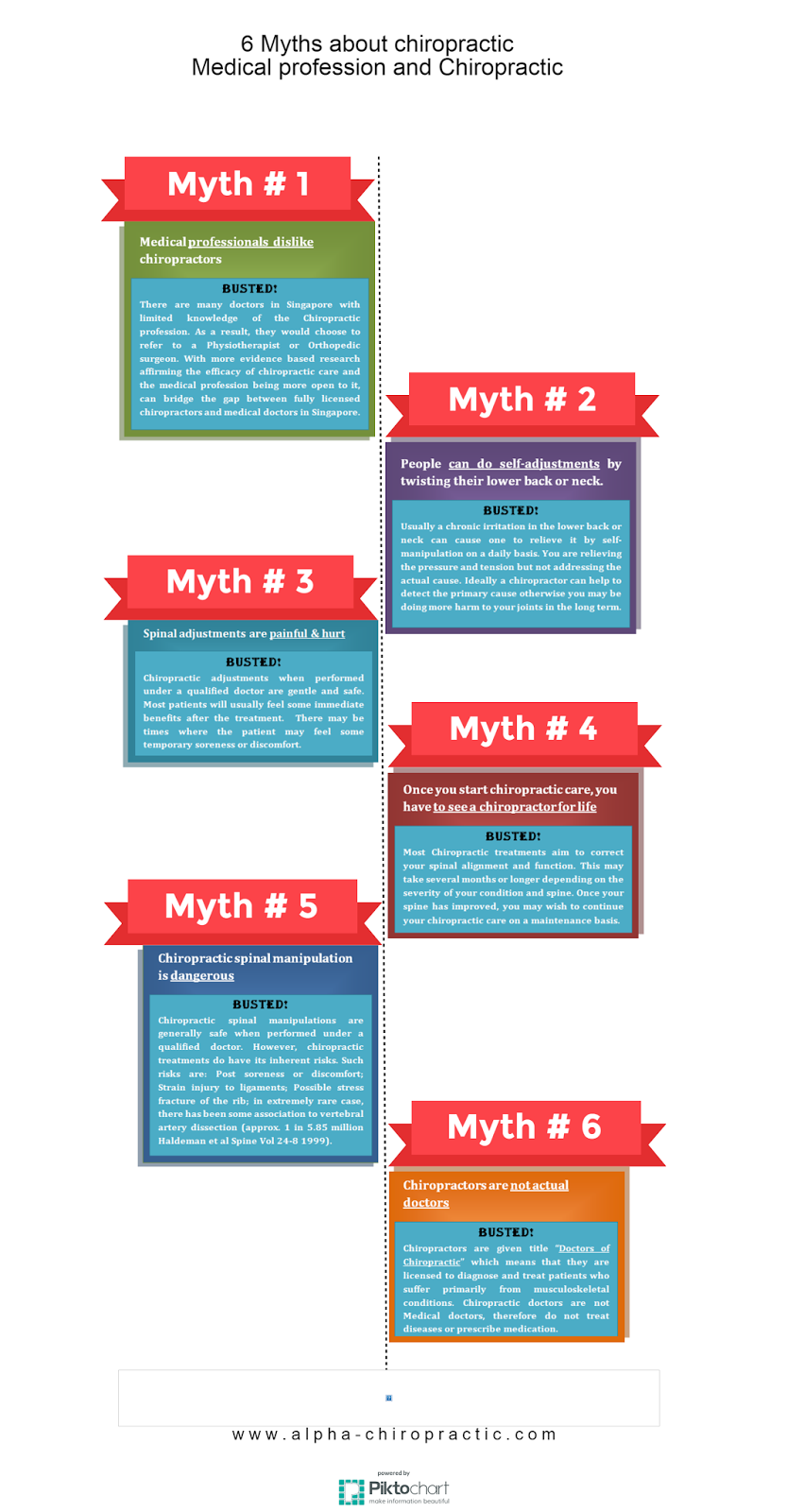The Connection Between Stress And Neck Discomfort: Practical Stress-Reduction Techniques
The Connection Between Stress And Neck Discomfort: Practical Stress-Reduction Techniques
Blog Article
Short Article Writer-Preston Delaney
You're possibly familiar with the tightness in your neck that appears to creep up when stress and anxiety levels climb. The web link between stress and anxiety and neck pain is obvious, yet have you ever took into consideration exactly how useful stress-reduction strategies could use alleviation? Picture a world where you could damage devoid of the grasp of stress-induced neck pain and find a sense of calmness and comfort. Stay tuned to discover basic yet effective approaches that can reinvent the way you handle tension and reduce neck discomfort.
Recognizing the Stress-Neck Discomfort Cycle
Understanding the Stress-Neck Discomfort Cycle can provide useful insight into exactly how tension manifests physically in the body. When stress and anxiety levels rise, the muscles in your neck and shoulders often tend to tighten as an all-natural feedback. This stress can result in rigidity, discomfort, and at some point pain in the neck area.
The physical signs of neck discomfort can after that additionally worsen stress degrees, producing a vicious circle. As stress and anxiety remains to affect the body, the neck muscle mass can come to be much more stretched, resulting in persistent discomfort and reduced mobility.
In addition, stress can likewise contribute to poor pose, as people usually stoop their shoulders or crane their necks when really feeling strained or overwhelmed. This inadequate posture can place additional strain on the neck muscle mass, resulting in enhanced pain and pain.
Efficient Stress-Reduction Techniques
To properly handle the physical signs of stress-induced neck pain and damage the cycle of pain, including proven stress-reduction methods right into your daily routine is important.
One efficient method is deep breathing exercises. When you really feel stress developing, take a minute to breathe in deeply via your nose, hold for a few seconds, and after that exhale gradually through your mouth. This straightforward method can help relax your mind and relax strained muscles in your neck and shoulders.
One more valuable method is dynamic muscle mass relaxation. Beginning by tensing and afterwards launching each muscle mass team in your body, focusing on the experience of relaxation as you release stress. https://caraccidentchiropractorne94949.blogdun.com/31787744/amazed-by-just-how-chiropractic-changes-job-questions-on-your-health-and-wellness-uncover-the-keys-behind-these-precise-motions-in-this-beginner-s-guide can help launch physical tension and improve general relaxation.
Furthermore, exercising mindfulness and reflection can be powerful tools for lowering anxiety. By focusing on the present minute and letting go of stress over the past or future, you can ease psychological stress that contributes to neck pain. Integrating these stress-reduction techniques right into your daily regimen can make a considerable distinction in handling stress-induced neck pain.
Lifestyle Changes for Neck Pain Relief
Making lifestyle modifications can play a substantial function in relieving neck pain and promoting general relief. https://www.va.gov/minneapolis-health-care/health-services/comprehensive-pain-center/ is maintaining correct posture throughout the day. Ensure your office is ergonomically friendly, with your computer display at eye level and your chair supporting your reduced back. Include normal breaks to stretch and move around, avoiding rigidity and tension buildup.
In addition, focus on regular exercise to enhance your neck and top back muscles, reducing the risk of stress. Keep hydrated and keep a healthy and balanced diet regimen to support optimum muscular tissue function and general health. Execute stress-reduction strategies such as deep breathing, mindfulness, or yoga exercise to alleviate stress that can add to neck discomfort.
Improve your rest quality by purchasing a supportive cushion and mattress, and establish a relaxing going to bed regimen. By making these way of living modifications, you can proactively manage neck discomfort and boost your lifestyle.
Conclusion
To conclude, by incorporating useful stress-reduction techniques right into your day-to-day routine, you can damage the cycle of stress-induced neck pain. Deep breathing, progressive muscle mass relaxation, mindfulness techniques, and meditation work means to relax the mind, unwind neck muscles, and lower total stress degrees. Making small lifestyle modifications can help relieve pain, promote relaxation, and improve your total wellness. Bear in mind, looking after your psychological and physical health and wellness is essential to managing stress and anxiety and neck discomfort.
